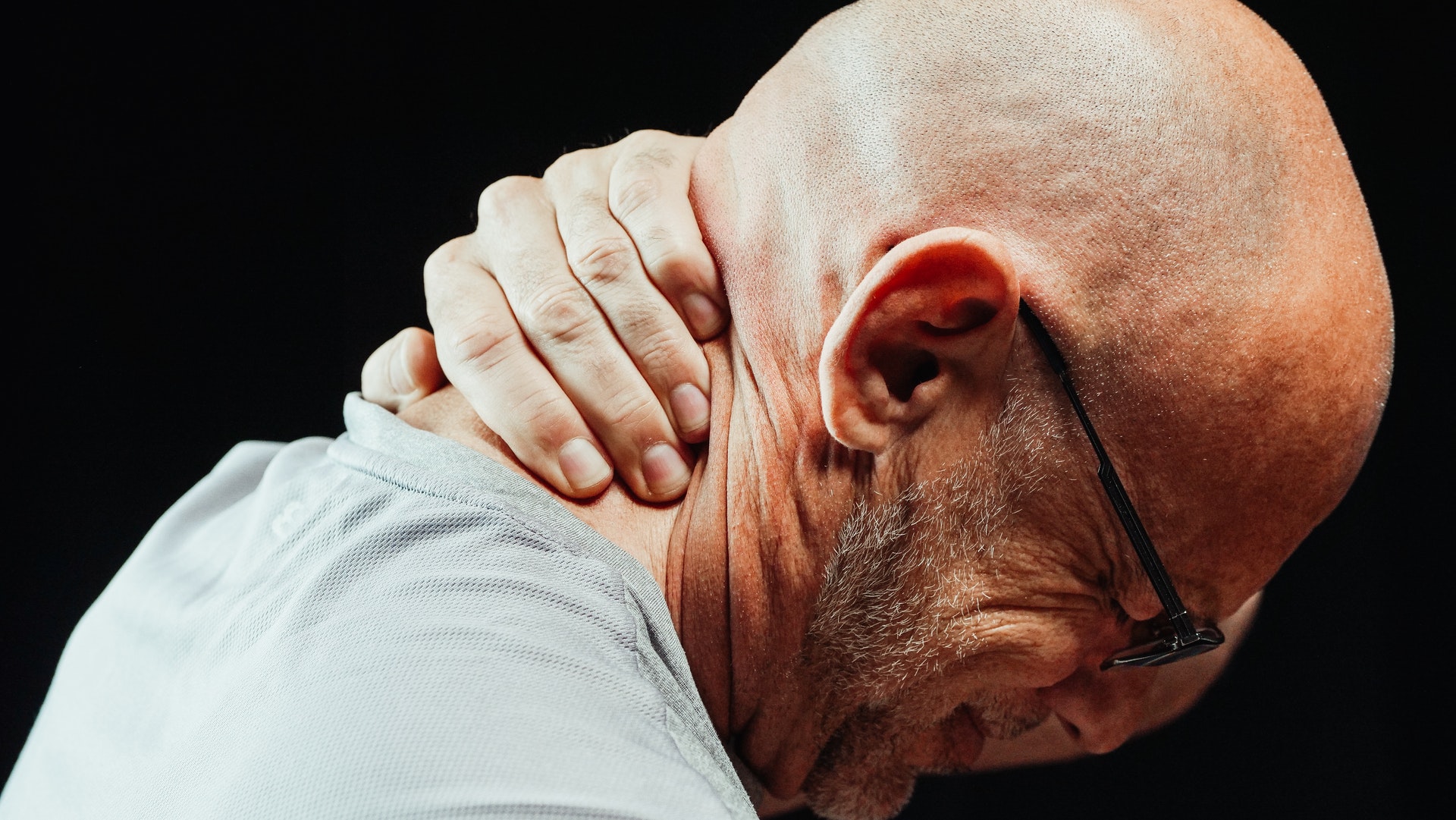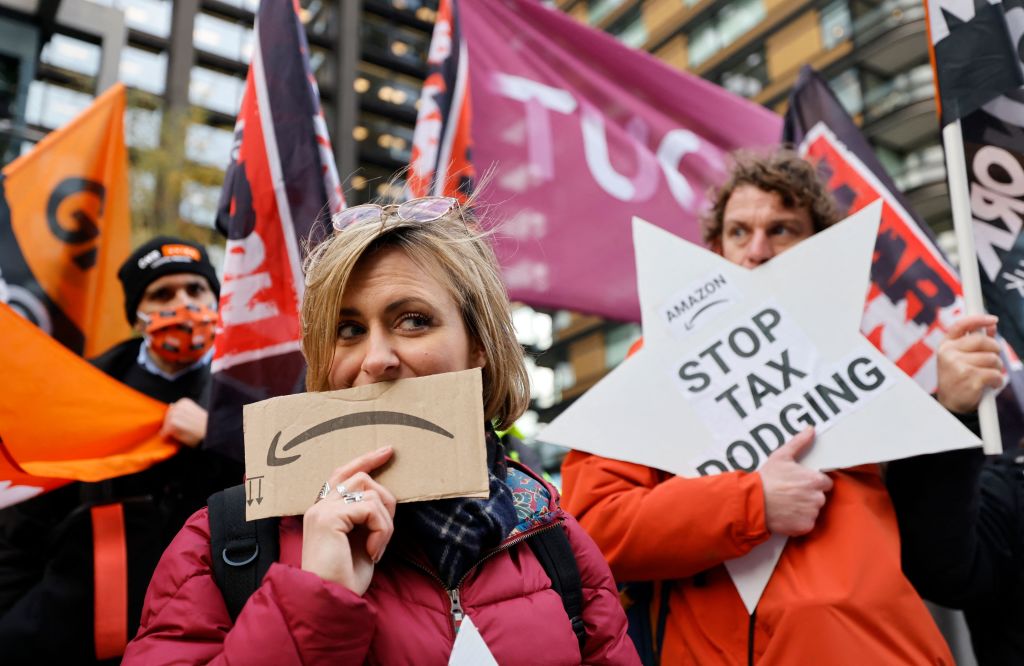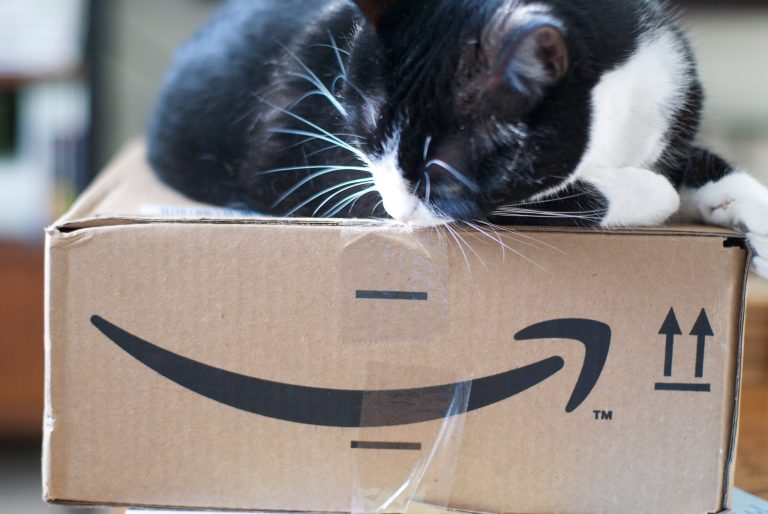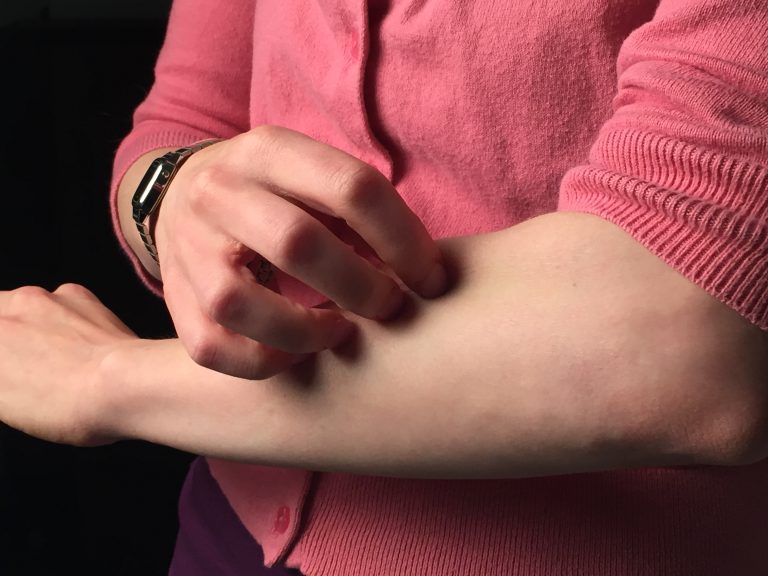Does Amazon shopping consume a significant portion of your week? Do you hide unnecessary Amazon purchases from your family members? Are you spending more than you can afford in Amazon purchases? Chances are you have an Amazon addiction.
A good 70 percent of Americans are Amazon Prime members, nearly half of whom buy something every week, while 7 percent purchase something nearly every day. The online retail giant offers everything you can imagine at the convenient click of a button, often with free shipping as well as free and convenient returns; but there are many downsides to this purchasing approach.
It is incredibly easy to impulse buy, racking up bills on merchandise that is neither necessary nor useful. All sorts of subtle and not-so-subtle means are used to encourage you to buy more than what you were looking for, and with everything at your fingertips, it can be very hard to resist.
Recognizing an Amazon addiction
Shopping counts as a compulsion if it is causing distress, along with financial and interpersonal problems. Take the time to total your annual Amazon spending and see how you feel about it. Keep track of how much time you spend on Amazon in the course of a week as well. You may be unpleasantly surprised.
Therapist Jacqueline Duke has helped many clients with shopping addictions. She compares the malady to binge-eating, as it produces a similar trance-like dissociation that numbs the emotions. Like other addictive behaviors, it is used to “fill an emotional or spiritual void or experience of emptiness in one’s life.”
Success
You are now signed up for our newsletter
Success
Check your email to complete sign up
While women seek help and treatment more often than men, it is because they recognize the problem, while men often regard their indulgence as “collecting.” Recent research has shown that men and women are equally likely to be compulsive shoppers.
One of Duke’s patients says it gives him a sense of power and a financial high. “Since I grew up in a fairly poor family, it’s the freedom of knowing I never have to make hard decisions,” he says, thinking, “You know, dude, if you want this, you can have it.”
Another client suffers from insecurity. She’s always hoping that her Amazon beauty and fashion purchases will make her feel better about herself. “I honestly have no idea what I look like to other people, but if there’s something I feel could use improvement, Amazon has a thing I can buy to fix it,” she says.
Change your habits
If you think you could stand to reduce your Amazon consumerism, take a good look at the reasons you shop and the methods you use. You may find that taking a different attitude toward shopping can significantly cut down on your spending.
If you go online to browse without anything specific in mind, this is a bad habit that you should quit. Shopping as entertainment is not only indulgent; it can be wasteful. Always know what you are looking for and what you are willing and able to spend for it before you log on.
If you go online searching for one thing, but are easily led astray by deals, ads and suggestions, like ‘customers who bought this also viewed,’ you should learn to ignore these traps. Make a list of what you need, and stick with it. You can use Amazon List or your shopping cart as an ongoing list, but leave the items there for a week or two to give you time to decide whether you really need them. Oftentimes, the initial enthusiasm will wear off within that time.
Depending on how often you shop, try to avoid Amazon for a week, a month, or two months. Challenge yourself to see how long you can make due without. You can also take your recently purchased goods and set them in a closet. Don’t take them out until you really need them. If you can get through two weeks without, you probably didn’t need them in the first place and you will still be within the return window. A few rounds of this experiment will help you see what sort of things are essential and what you can really do without.
Reduce tech-temptations
To minimize temptation, delete the Amazon app from your phone. This will help curb your impulse buying. You can send yourself a message if you think of something you need rather than purchasing it on the spot. You will also stop receiving app notifications that may pressure you to buy.
Your browsing history is used by Amazon to target you based on your previous purchases. Delete both your browsing history and cookies to minimize this form of solicitation.
Alexa is not your friend if you have an addiction. Disable buying permission while you overcome this weakness.
Having credit or debit cards linked to Amazon makes purchases too easy for our own good. Removing payment information from your account will force you to give your information for each purchase, making it that much less convenient.
In the same vein, you should disable one-click purchase options on all your devices and disable, through account settings, any communications that allow you to purchase through email or notifications.

Try a traditional approach
One reason it can be very difficult to quit shopping online is that it seems to save time; yet unless you have a specific product in mind, searches can yield mountains of so-so matches, which you have to wade through while the clock keeps ticking. Somehow, before online shopping, we managed to get the things we needed when we needed them; but the Amazon ultra-convenience factor has made it seem like an unnecessary burden to shop at a real store and interact with real people.
Make a point to shop at stores. The “inconvenience” will be repaid with a valuable social interaction, a product that you can see and touch before you buy it, and possibly a better price to boot. Local groceries, hardware stores, department stores and small shops all appreciate your business. Indeed, without sufficient customers, we may soon lose this option.
Farmers markets, Craigslist, thrift stores and even garage sales are fun ways to save and support your local community. You will meet some interesting characters, and while you may not find the exact item you sought, you could find something better, or be forced to use your brain and come up with a different innovative solution.
Avoid vulnerable periods for shopping
Shopping under the influence of alcohol is like an invitation to impulse buy. According to a Finder study, men spend an average of $233 per intoxicated shopping session, while women spend $54.
Don’t use Amazon as a sleep aid. Screen time in and of itself is not recommended before sleep. If you have a habit of late-night browsing, leave your phone in another room when you go to bed. Read a book, listen to music, or practice meditation before going to bed instead. They won’t cost you anything and will enrich life and improve your mind.

Other reasons to avoid Amazon
Even if you don’t suffer from addiction, there are other reasons you may want to reconsider supporting the most popular online retail in the world.
Worker safety issues
Amazon does not have a particularly good track record with regards to employee safety.
Nearly half of Amazon’s delivery workers have had to miss work due to pain or injury, according to a recent survey by the Strategic Organizing Center. 89 percent of these workers said the injuries were related to production pressure or speed.
In 2020 alone, 24,000 serious injuries were reported by workers at Amazon facilities, which ranked nearly 80 percent higher than the average of serious injuries for all similar work. In addition, the recovery time average for those who missed work was 46.3 days, a week longer than the the industry average.
Incredible amount of waste
It used to be that one could reduce shipping by opting for having items shipped together. Now, however, one may receive an order of five items in five separate packages. In 2019, pre-pandemic mind you, Amazon generated 465 million pounds of plastic waste. Sales doubled in 2020.
Even more shocking, Amazon facilities regularly destroy unsold merchandise, to the tune of 130,000 items a week, a former employee at a facility in Dunfermline, Scotland revealed to ITV News. Most of the items were in new condition in their original packaging. The explanation for this senseless waste of everything from electronics, to books, and face masks, is that when vendors choose to store their goods in Amazon’s warehouses, it eventually becomes cheaper to destroy unsold items than to continue storing them.

Hurts local economy
Amazon may be detrimental to the local economy and small businesses. The House Subcommittee on Antitrust found that Amazon has a monopoly over small and medium sized businesses.
The Wall Street Journal documented Amazon creating its own products from third party sellers’ data.
According to Forbes, two out of three business owners say their growth is negatively affected by Amazon. Although online sales enables small businesses to reach a broader market, Amazon charges a 15 percent commission.
In 2018, Amazon received $129 million in tax rebates, even though the company made $11 billion in profit. The Intercept reported that the $1 trillion dollar company’s new headquarters in Virginia would cost taxpayers $4.6 billion.
If you’re hardcore you may want to boycott Amazon altogether, like Insider’s Frank Olito, who says “Especially right now, I would prefer to shop at small businesses or on smaller online stores so that my money goes directly to businesses that are struggling through the pandemic rather than a billion-dollar company like Amazon.”













